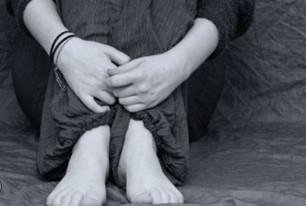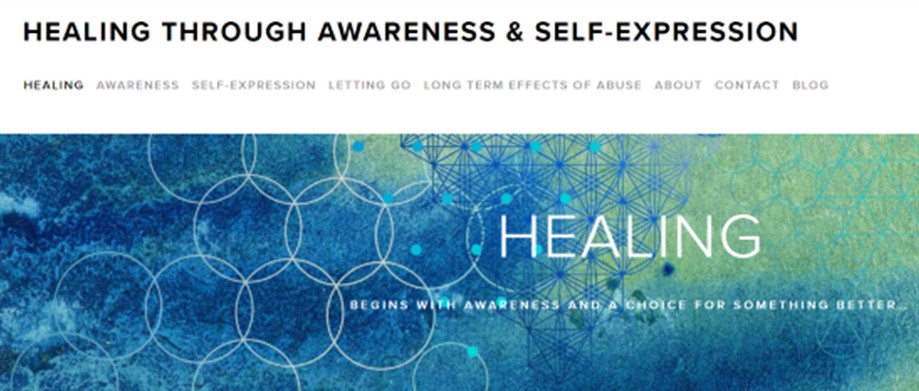Recently, I wrote to a friend about not having the motivation to exercise. Getting out of bed and running to the gym or Pilates seems like a hardship, although I know of all the benefits exercise offers my physical and emotional health.
I wish I had the same motivation for exercise as I do for gardening.
It seems like once I discover the secret to self-motivation, I’ll be able to convince myself to put on my exercise clothes right after waking up in the morning.
I wish I had the same motivation for exercise as I do for gardening. I have cold-hardy tulips and daffodils coming up, there are plants reblooming in the garage until it’s safe to put them out after the first frost, and I have lots of seedlings popping up in their containers on the window sill. As silly as it sounds, I feel like a new mom—not the responsibility kind, but the kind that takes pride in knowing what she did had an effect on her offspring.
The biggest difference is that unlike with my real children, I have full control over the growth of these ‘babies.’ If they grow through fruition, I am responsible. If they die early on because I didn’t give them the proper care, I am responsible. It’s like my books—if they get written and sell, that’s on me. If not, that’s on me, too.
I’ve recognized that control has always been an issue affecting all aspects of my life, having sprung from a dysfunctional, abusive childhood. Thank goodness for my writing which helps keeps me balanced, acting as my own self-medicating shrink. And it’s cheaper, too. (Not that I don’t recommend a counselor if needed.)
The funny thing is, I felt embarrassed for sharing this information with my writing friend. I didn’t want her to think of me as a mental case or to see me in any way as someone who was “less than.” I suppose I could have just used the e-mail material and not send it to her, but I’d rather be honest with someone than let them know me as someone I am not. Despite my doubts, I sent the message.
Just after e-mailing her, I booked a Pilates session.










































